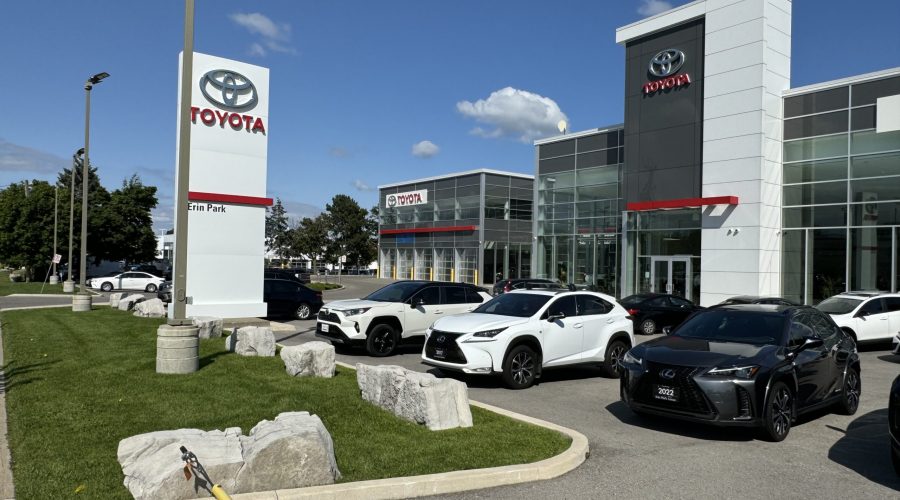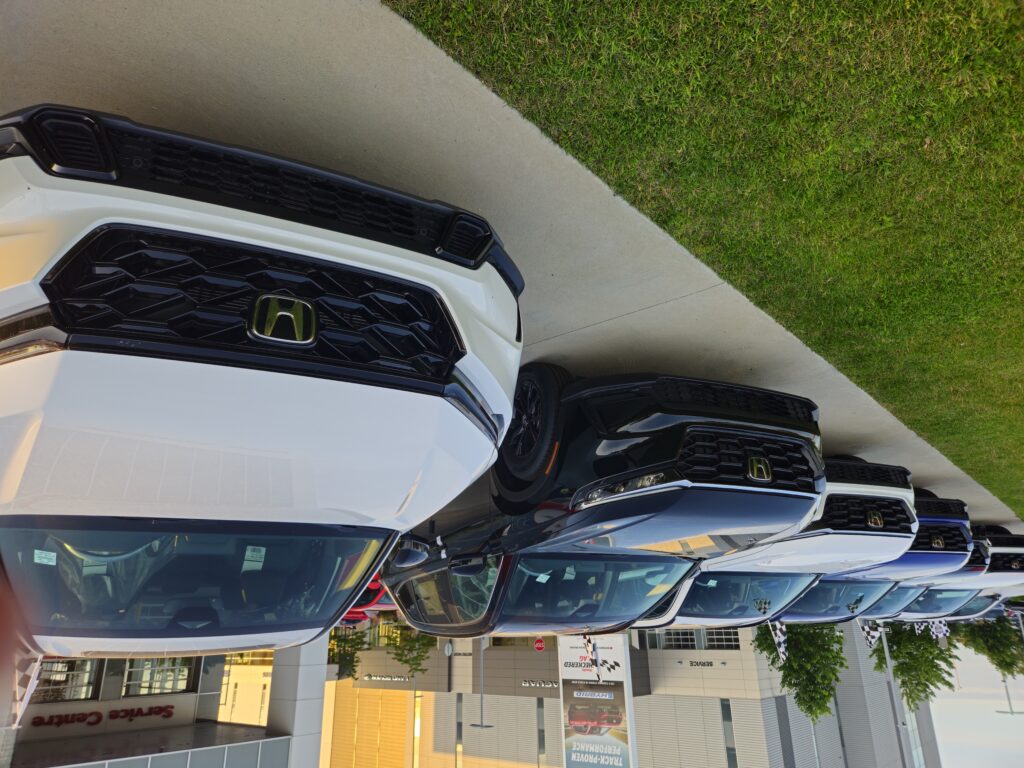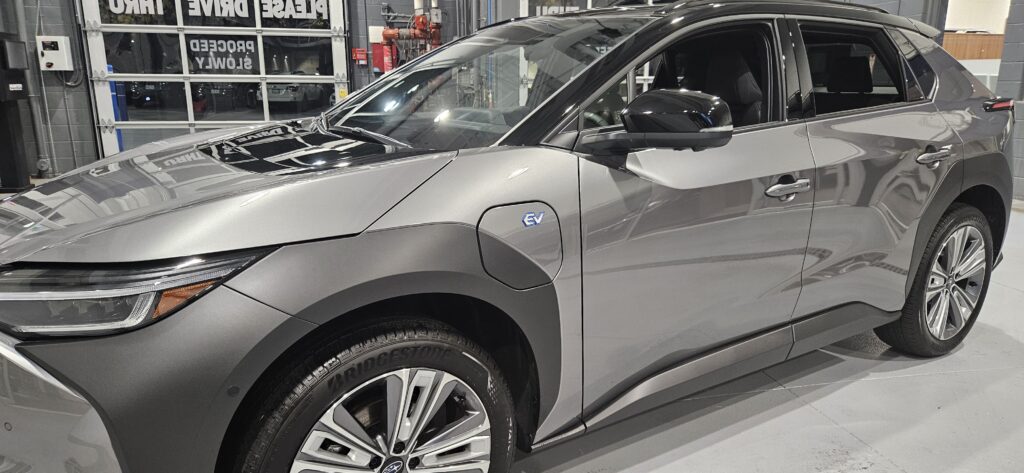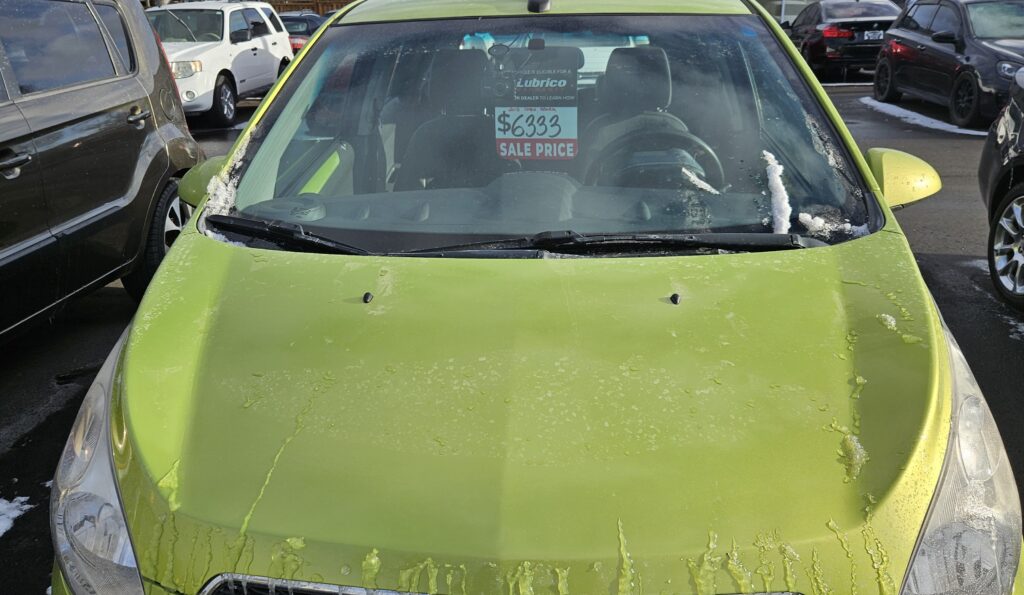It’s a great time for consumers to buy a new car in Canada, even more so with a trade-in.
Supply far exceeds demand now because manufacturers have given dealers plenty of vehicles, both gas-powered and, in particular, electric.
To put that in perspective, when COVID-19 and the microchip issue created a shortage of new inventory, buyers had to essentially accept sales prices with no incentives because dealers knew they had buyers lined up.
Dealers were also searching for used vehicles because they needed cars on the lot and, in some cases, offered to pay close to the original sticker price. For individuals or couples who no longer needed or could afford two vehicles because their job situation changed, this offered a rare chance to financially capitalize on used vehicles.
New Cars Sales Rose in 2024
Fast forward to 2025 and Canadian new car sales have risen for the second consecutive year. While the exact numbers won’t be known until the end of the month when the fourth quarter numbers are officially tabulated, it was steering in the direction of north of 1.85 million, a rise of about 15% from 1.66 million in 2023. That was preceded by a gain of 11.8% from 1.489 million from 2022.
In the last few days, manufacturers have been sending out news of record sales for their particular brands, though some of that pertains to their EVs. Production has been ramped up because the microchip shortage is no longer and issue and manufacturers are following the Canadian government’s mandate of EVs representing 20% of all new car sales by 2026. EV sales escalated to north of 16% in 2024, an increase of about 5% from 2023.
The overall increase in total new car sales can be attributed to an aggregate cut of 1.75% in federal interest rates in 2024 that clearly made purchases more affordable, combined with dealers offering incentives.
“If you are (a buyer) looking at a brand that has a lot of inventory and has incentives out there, you’re not going to be paying over sticker for that like you have been 24-36 months ago,” said Daniel Ross, Canadian Black Book’s Senior Manager, Industry Insights and Residual Value Strategy. “That scenario is gone for the majority of the market.
“We are a payment-driven consumer body for the auto market in Canada. Now that’s coming in line of where people would like it to be. Maybe not just there yet, but it’s moving in that right direction pretty consistently now. People are seeing those incentives and making the move to purchase new.”
David McQuilkin, Dealer Principal/GM of Milton Ford Lincoln Inc., told me it’s a great time for consumers to be shopping for new cars.
“Although the industry sales are up, our profit margins are downs, so the consumers are the winners here,” said McQuilkin. “It’s a great time for consumers to buy a car, coupled with falling interest rates. That creates more disposable income and people like that new car smell.”
Interesting Time For EV Rebates
It’s an interesting time in the EV movement, both provincially and federally. Quebec has the largest sales of EVs of any province with a rebate of up to $7,000. But the Quebec government announced plans in 2024 to scale back on incentives, leading up to total elimination in 2027. The government also announced in December plans to suspend the rebates beginning in February 2025 through to the provincial budget in April. From what I heard, the program’s reserves ran dangerously low because of increased sales and the government is attempting to address that ahead of the budget. B.C. has a $5,000 rebate, but in 2024 it was announced the incentive would be limited to cars with a price tag not higher than $50,000, a drop of about $5,000. The New Car Dealers Association of B.C. say 70% of new EVs sold in the province have a price tag higher than $50,000.
There is also concern of what a federal election in 2025 could have on EVs. If, as many people expect, there will be a Conservative majority, that could impact continuing the federal rebates, which amount to a maximum $5,000.
There is a school of thought that rebates were needed to incentivize consumers when EVs were new to the Canadian market about eight to 10 years ago, but there is not necessarily the need for that “carrot” now, particularly with the overall push to eventually eliminate gas-powered cars. But as long as EVs are roughly $10,000-$15,000 more for a similar ICE vehicle, it is hard to convince some people to pay more, even with the school of thought being they will save money in the long run with charging costing considerably less than fuel and a reduction in maintenance fees.
Premium On Used Cars
Meanwhile, used cars have once again become a premium. The combination of extended financing for up to 96 months and extended leases has shrunk the used car inventory. And with the Canadian dollar worth 70 cents compared to the U.S. dollars, American buyers are loading up on used cars in Canada and shipping them across the border. It is a huge business, which is why Canadian dealers are actively shopping for used cars and offering good prices.
Overall, it’s an interesting time for buying and selling cars.
Perry Lefko is the Content Manager of The Car Magazine. He can be reached at [email protected]. Feel free to forward any story suggestions or comments.










